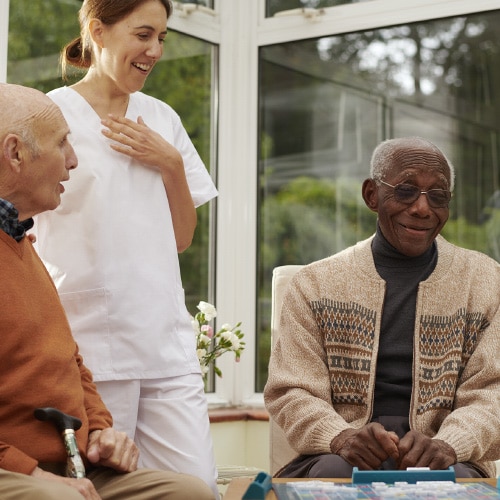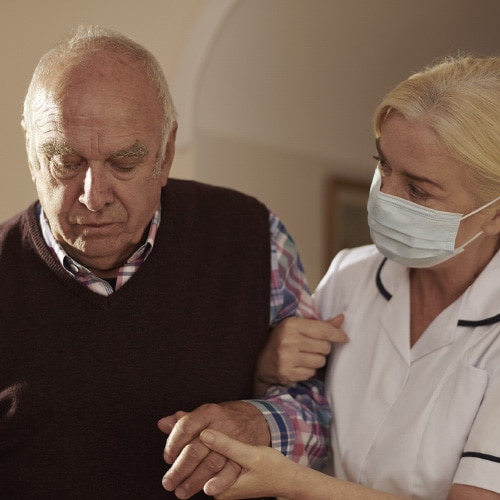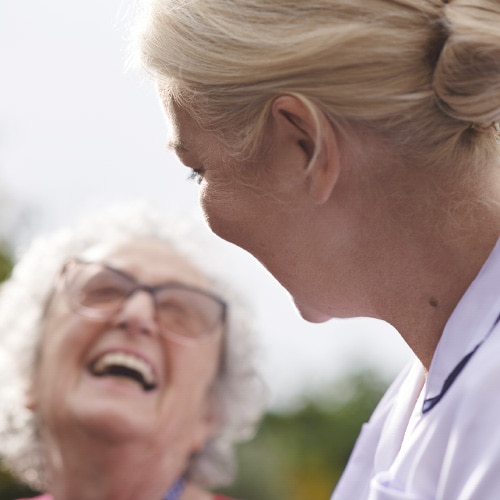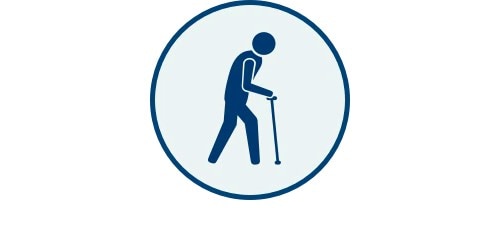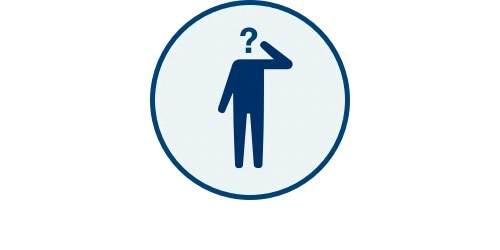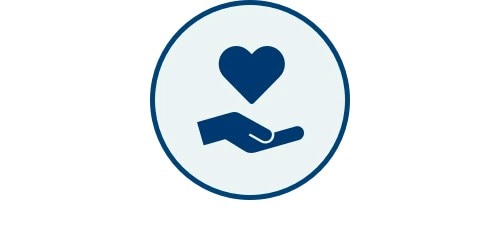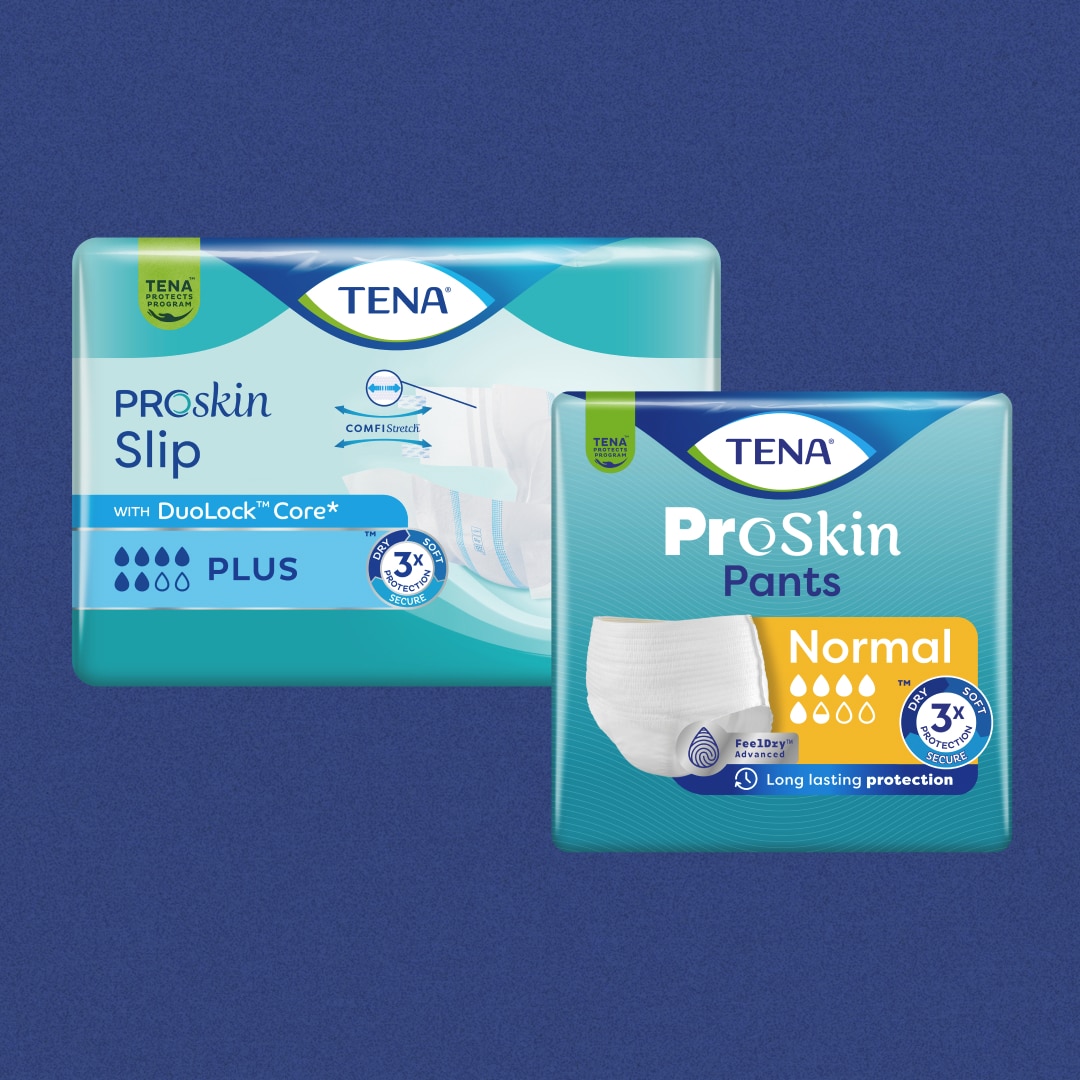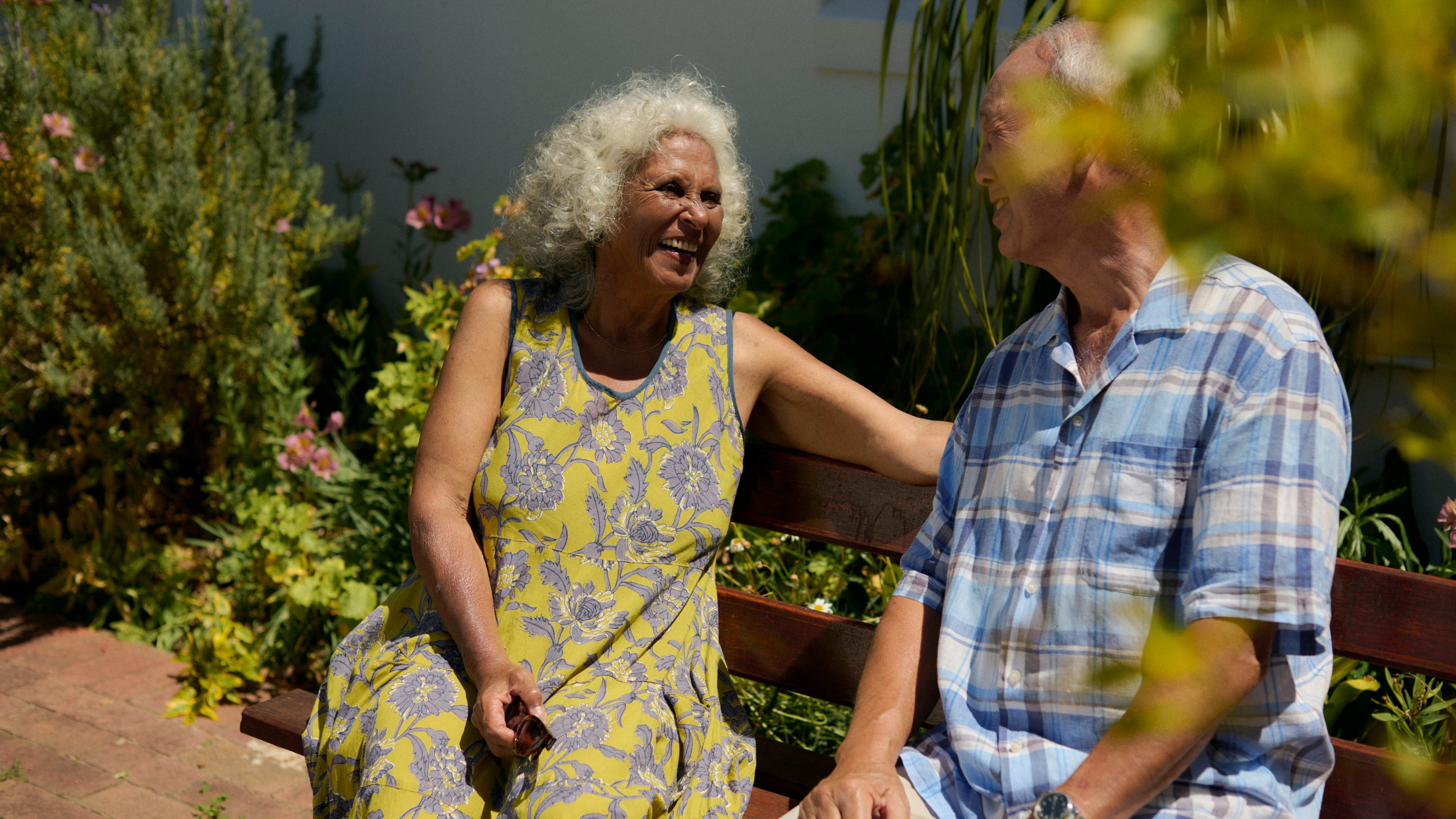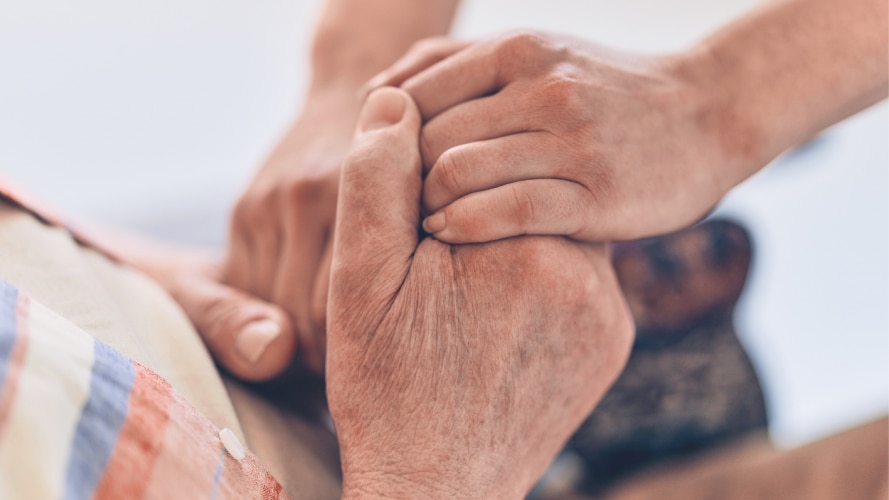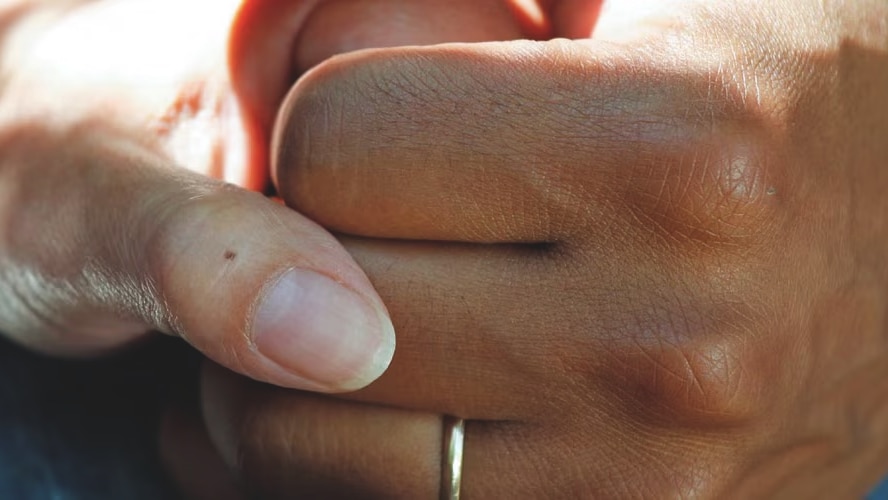Individuals with dementia find it increasingly more difficult to communicate their needs and understand the world, this can result in a resistance of care. In fact, 90% of people with dementia will experienced BPSD, which can include anxiety, apathy, restlessness, paranoia, hallucinations and reactional behaviour.
Many things that can trigger BPSD, such as pain, constipation, itching, sleep deprivation, lack of privacy, and a stressful environment.
Since BPSD greatly affects quality of life, it’s important to identify and minimise these triggers through person-centred care.
What is person-centred care?
Person-centred care means to treat the resident as an equal partner, helping them help themselves to improve their own independence, quality of life and wellbeing, and give them the knowledge, aids and confidence to do so.
When caring for people with dementia it’s important to treat them with dignity, compassion and respect, to support them developing their strengths and abilities, to live an independent life and preserve their identity for as long as possible.
So, get to know the resident, talk to their relatives and involve the individual in their own care. Participation in activities can help to prevent frustration and challenging behavior for residents. Manage any symptoms through music, massage, an active lifestyle, and spending time outdoors. It also helps to say and do one thing at a time, be patient and wait for answers.
How can person-centred care improve symptoms of dementia?
Encouraging residents to enjoy a healthy and active lifestyle, maintaining social interactions and a good, consistent sleeping routine can all improve symptoms of dementia.
Person-centred care improves symptoms of dementia
Person-centred incontinence care supports residents’ independence as much as possible. Here are some ways to achieve this which ensuring residents’ dignity, comfort, and safety.
- Assess the resident’s needs and set personalised times for toileting (TENA Identifi or a bladder diary are helpful tools).
- Observe signs of needing to go to the toilet and help as needed
- Maintain independence by ensuring clothes and incontinence products are easy to put on and remove, like TENA Incontinence Pants.
- Ensure resident knows the way to the toilet – clearly mark out toilet, light switch, and toilet seat.
- Leaving the toilet door open and the light on at night to make it easy to find. You could also put a commode next to the bed at night.
- Have easily accessible personal hygiene products so resident can maintain hygiene and skin health.
- Use mobility aids like a raised toilet seat and handrails.

